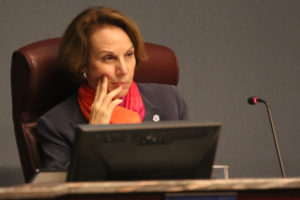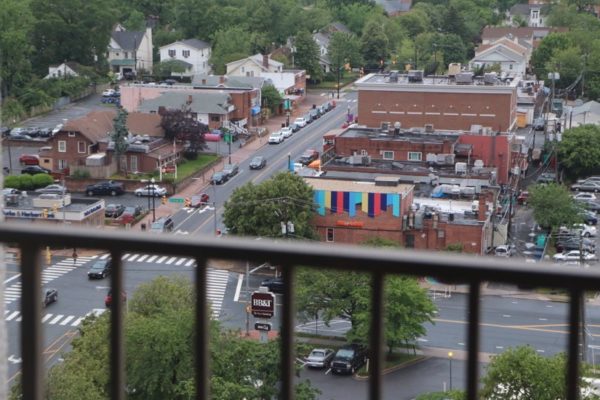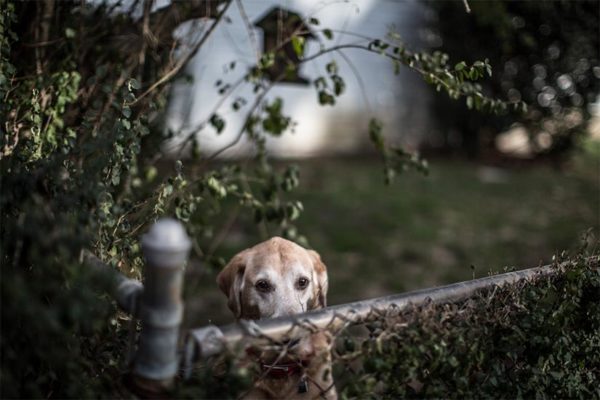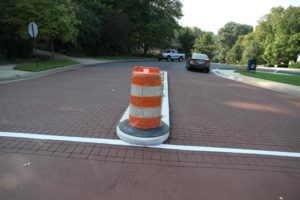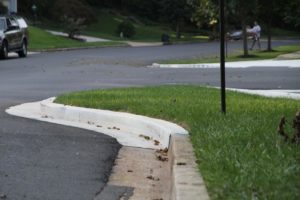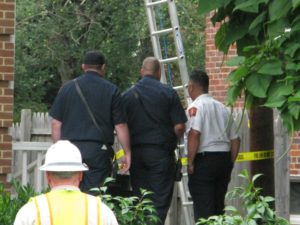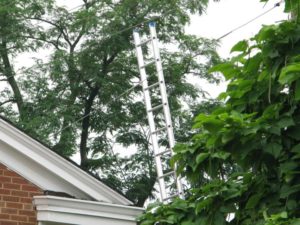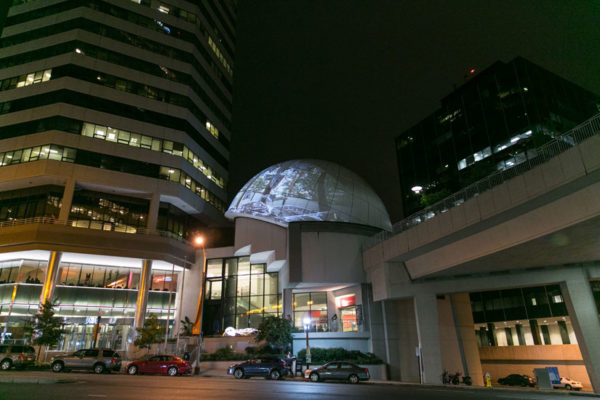
Artisphere hosted its final performances this past weekend, as it prepares to close for good at the end of the month. Supporters decry the closure as the county government prioritizing penny pinching over the arts. But Artisphere’s financial losses may have been secondary to another problem: lack of community engagement.
The cultural center in Rosslyn spent more than $1 million on marketing over four and a half years, largely targeting D.C. area arts aficionados with newspaper ads. The strategy paid off with sold-out niche concerts and events, but failed to attract the loyalty of many Arlington residents who have a more casual appreciation for the arts.
 Instead of the original vision of a hub for local arts groups and a community hangout, complete with a WiFi cafe, Artisphere became more of a regional draw for one-off performances. Some 75 percent of its audience came from outside Arlington and 83 percent of its artists from outside Virginia, according to a 2014 report.
Instead of the original vision of a hub for local arts groups and a community hangout, complete with a WiFi cafe, Artisphere became more of a regional draw for one-off performances. Some 75 percent of its audience came from outside Arlington and 83 percent of its artists from outside Virginia, according to a 2014 report.
After hastily opening on the novelty date of 10/10/10, before an executive director or a marketing director could even be hired, Artisphere’s finances proved to be a fiasco. Wildly over-optimistic expectations gave way to the realization that the center would only make a quarter of its projected visitor revenue in the first year. That, in turn, sparked community criticism, set off backtracking by policymakers and led to a series of changes that watered down community participation.
The cafe closed, Artisphere focused more on event rentals and a popular local theater company was booted out.
It didn’t help that Artisphere’s multitude of performance venues were small and, as officials figured out after opening, couldn’t host simultaneous events due to noise bleed.
The relative lack of participation from taxpaying Arlington residents and artists, in the end, may have been Artisphere’s biggest downfall. When Artisphere hit the chopping block, few residents showed up at County Board meetings to speak in its defense.
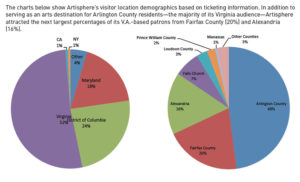 “That’s exactly part of the issue,” said retiring Arlington County Manager Barbara Donnellan, in a May interview. “At some levels, it wasn’t reaching our community in such a way that won their support.”
“That’s exactly part of the issue,” said retiring Arlington County Manager Barbara Donnellan, in a May interview. “At some levels, it wasn’t reaching our community in such a way that won their support.”
(An online petition to save Artisphere gathered nearly the same number of signatures as a recent petition to save a large oak tree on N. Nottingham Street.)
Donnellan and the County Board faced criticism in the local arts world for the decision, with letters to the editor, the chair of the Arlington Commission for the Arts and even a Washington City Paper cover story implying that the Board was naive in closing Artisphere just because it was losing money.
“Artisphere’s closure is symptomatic of a much larger political view of culture in which the arts are important to community building, but funding them is not,” the City Paper wrote. It along with the Washington Post were the beneficiaries of 55 percent of Artisphere’s marketing budget.
But there was more that went into the decision to close than just dollars and cents. Arlington County Board Chair Mary Hynes said Artisphere was “able to create some wonderful shows” after “‘we got some of the right programming people in place,” but “there was a struggle in terms of what type of place [Artisphere] was going to be.”
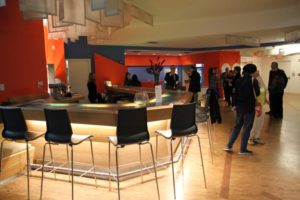 “Within our Cultural Affairs department there was a real desire to be cutting edge and to fill a niche they perceived in the D.C. arts scene,” Hynes said. “So people on the way up” were booked, but “those are people who who are developing an audience, not those who have an audience.”
“Within our Cultural Affairs department there was a real desire to be cutting edge and to fill a niche they perceived in the D.C. arts scene,” Hynes said. “So people on the way up” were booked, but “those are people who who are developing an audience, not those who have an audience.”
There was discussion of hosting “community Saturdays” — with performances from school groups and other community-driven activities — “where we get people familiar with coming here because their kid is performing here.”
“But that didn’t fit with the image of what people thought of as [Artisphere],” Hynes said. “So I do think that audience was pretty constrained in terms of all of Arlington.”
“In the end we collectively didn’t see as much of an opportunity for full community participation here than we see in some other things we do,” Hynes said of the decision to close Artisphere and send about half of its budget back into other arts programming around Arlington. “When a locality is putting its tax money into helping the production of art, we have some obligation to consider how we give as many people in our community as possible the opportunity to consume good art.”
(more…)
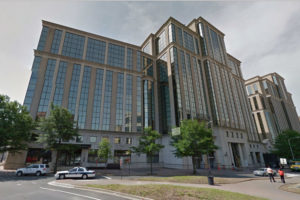 Arlington County’s Dept. of Human Resources has no record of any allegations of workplace sexual harassment or sexual assault against senior county officials over the past 18 years.
Arlington County’s Dept. of Human Resources has no record of any allegations of workplace sexual harassment or sexual assault against senior county officials over the past 18 years.

